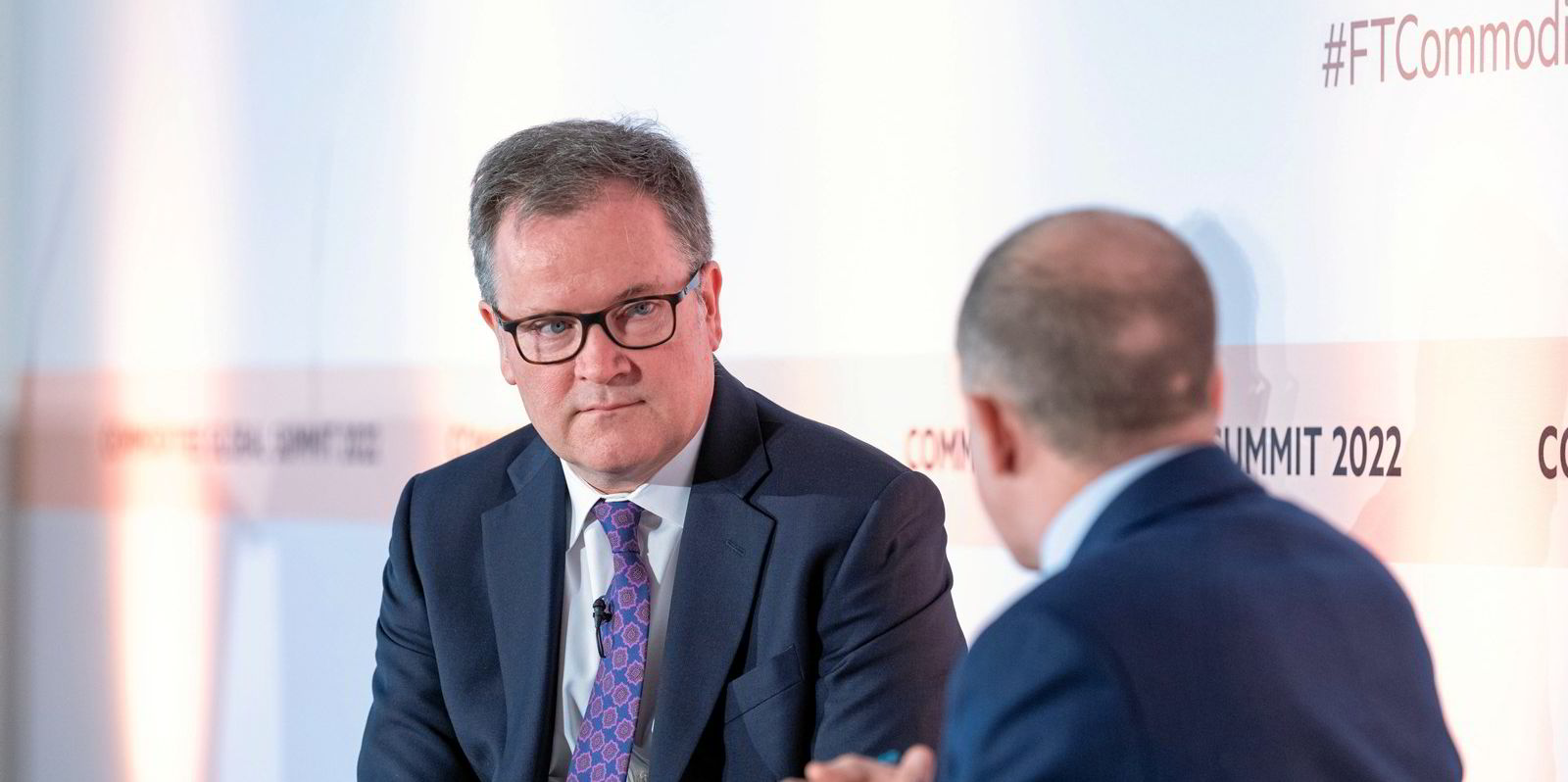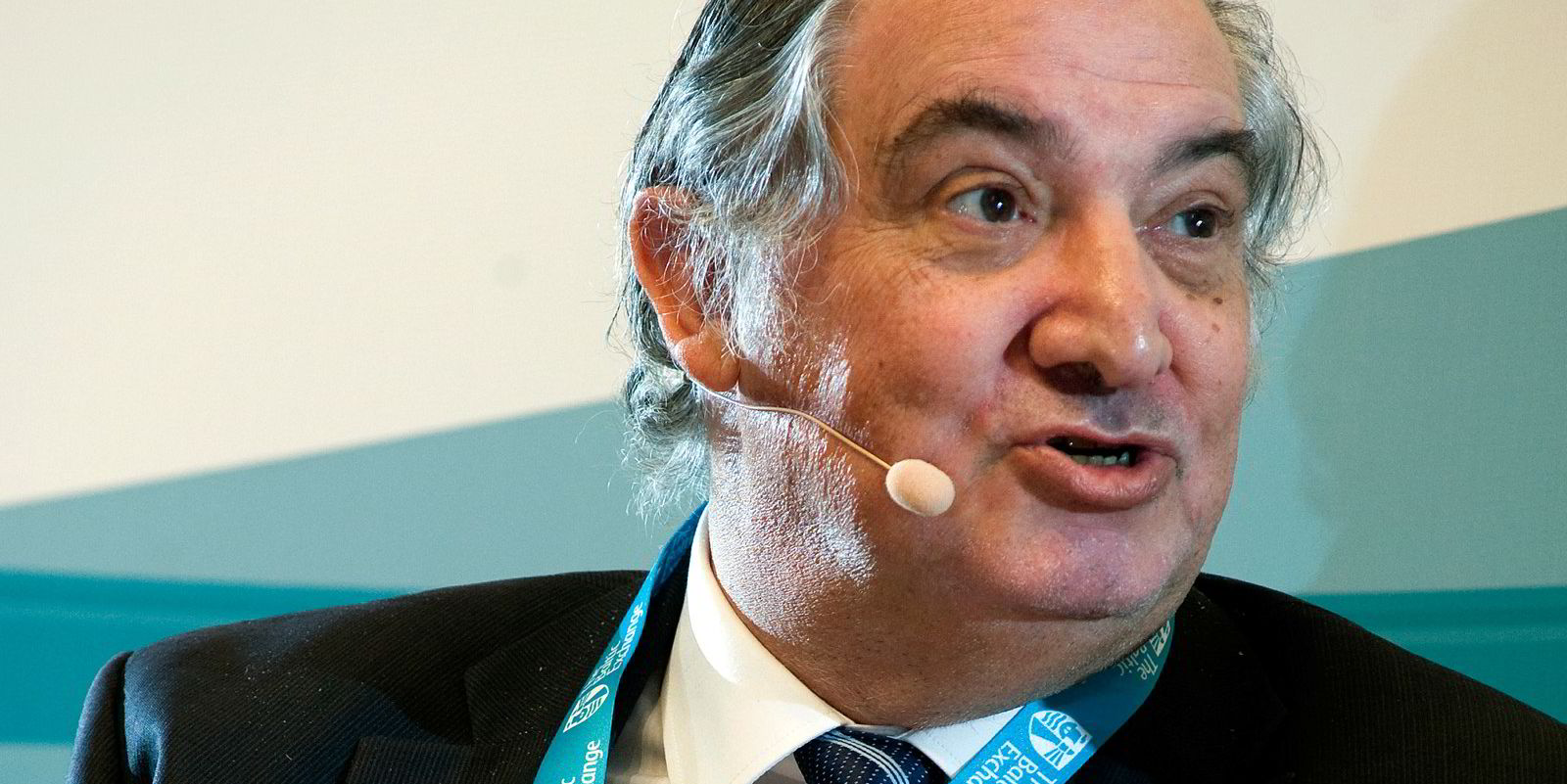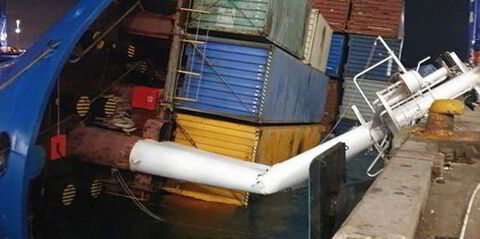Swiss commodities, chartering and shipowning group Vitol expects the world to consume more oil this year, as it foresees continued demand growth until 2030.
But the group is continuing to pump money into the energy transition even as it profits from the dislocation caused by the war in Ukraine.
Revenue for 2022 soared to $505bn, up from $279bn in 2021.
Vitol delivered 7.4m barrels per day (bpd) of crude oil and products, down from 7.6m bpd the year before.
But it logged a more than 30% increase in transitional energy volumes traded.
The group has $2bn committed to identified sustainable projects.
Chief executive Russell Hardy said: “The events of 2022 shook the world and energy markets.
“The invasion of Ukraine and its political ramifications resulted in severe dislocations in energy markets, thereby ensuring that energy, its availability and affordability, remained at the forefront of sociopolitical debate,” he added.
Product markets ‘tight’
Bottlenecks were limited and there were no major shortages of crude, although refined product markets were tight, the company said.
Vitol’s crude oil volumes fell slightly to 199.5m tonnes last year, from 200.5m tonnes in 2021, as it exited contracts and ceased trading Russian crude in June.
The trader is forecasting oil demand to grow by 2m barrels per day in 2023, driven primarily by the aviation sector globally and recovering demand in China.
And it expects tightness in LNG to continue until 2026, when significant new production capacity will come online, equivalent to 50% of supply in 2022.
This will originate in the US, Qatar and Africa and will primarily be consumed by developing Asian economies, enabling them to underpin economic growth and move away from coal, Vitol said.
Vitol’s traded LNG volumes increased slightly to 17.6m tonnes of oil equivalent (toe) over 2022.
Its portfolio responded to increased demand from Europe and in the final three months, European destinations accounted for 67% of Vitol’s LNG volumes.
Vitol said it is essential that sectors like shipping address decarbonisation.
The group is leading trials in Singapore of bio-blended very low-sulphur fuel oil and said developments such as these will be vital to reducing emissions in the industry.





